Monday,
Jan 12
Geneva
-3°
Tuesday,
Jan 13
Geneva
0°
Wednesday,
Jan 14
Geneva
3°
Thursday,
Jan 15
Geneva
-7°
Friday,
Jan 16
Geneva
-6°
Saturday,
Jan 17
Geneva
-2°
MORE IMPORTANT INFORMATION ABOUT YOUR TRAVEL TO Geneva
The Train station is located at the center of Geneva
Geneva ( jin-EE-və; French: Genève [ʒənɛv]; Arpitan: Genèva [dzəˈnɛva]; German: Genf [ɡɛnf]; Italian: Ginevra [dʒiˈneːvra]; Romansh: Genevra) is the second-most populous city in Switzerland (after Zürich) and the most populous city of Romandy, the French-speaking part of Switzerland. Situated where the Rhône exits Lake Geneva, it is the capital of the Republic and Canton of Geneva. The municipality (ville de Genève) has a population (as of December 2018) of 201,818, and the canton (essentially the city and its inner-ring suburbs) has 499,480 residents. In 2014, the compact agglomération du Grand Genève had 946,000 inhabitants in 212 communities in both Switzerland and France. Within Swiss territory, the commuter area named "Métropole lémanique" contains a population of 1.26 million. This area is essentially spread east from Geneva towards the Riviera area (Vevey, Montreux) and north-east towards Yverdon-les-Bains, in the neighbouring canton of Vaud. Geneva is a global city, a financial centre, and a worldwide centre for diplomacy due to the presence of numerous international organizations, including the headquarters of many agencies of the United Nations and the Red Cross.
Source:
WikipediaADDITIONAL INFORMATION ABOUT Interlaken
The Train station is located at the center of Interlaken
Interlaken is a Swiss town and municipality in the Interlaken-Oberhasli administrative district in the canton of Bern. It is an important and well-known tourist destination in the Bernese Highlands region of the Swiss Alps, and the main transport gateway to the mountains and lakes of that region. The town is located on the flat alluvial land called Bödeli between two lakes, Brienz to the east and Thun to the west, and alongside the river Aare, which flows between them. Transport routes to the east and west alongside the lakes are complemented by a route southwards into the near mountain resorts and high mountains, e.g. the famous high Alpine peaks of Eiger, Mönch, and Jungfrau, following upwards the Lütschine. Interlaken is the central town of a Small Agglomeration with the same name of 23,300 inhabitants.The official language of Interlaken is (the Swiss variety of Standard) German, but the main spoken language is the local variant of the Alemannic Swiss German dialect.
Source:
WikipediaImages of the trains for your trip
Where Can You Travel With Us?
TAKE A LOOK AT OUR MAP
France
Italy
Netherlands
Luxembourg
Austria
Germany
Belgium
Switzerland
Denmark
Sweden
Norway
Hungary
Czech
Ukraine
China
Active
France, Italy, Netherlands, Luxembourg, Austria, Germany, Belgium, Switzerland, Denmark, Sweden, Norway, Hungary, Czech, Ukraine, China
Upcoming
USA, Canada, Spain, Poland, Japan
Other Train Trips From Interlaken
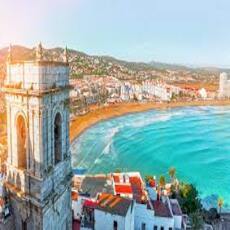
Interlaken East to Solothurn
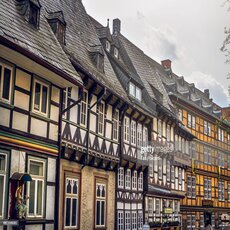
Interlaken East to Chiasso

Interlaken East to Glovelier

Interlaken East to Linthal

Interlaken East to Dietlikon

Interlaken East to Wengen
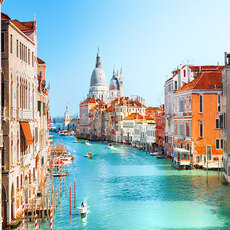
Interlaken East to Wetzikon

Interlaken East to Reichenbach Im Kandertal CH
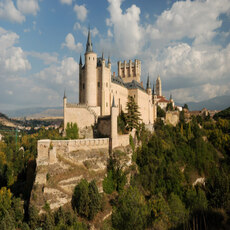
Interlaken East to Gstaad

Interlaken East to Stansstad

Interlaken East to Eglisau

Interlaken East to Nanikon Greifensee

Interlaken East to Muerren

Interlaken East to Grenchen South
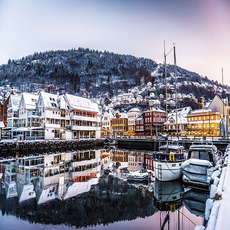
Interlaken East to Herzogenbuchsee
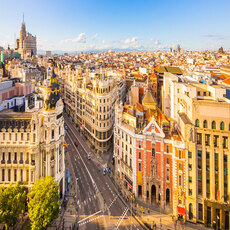
Interlaken East to Geneva

Interlaken East to Zurich Oerlikon
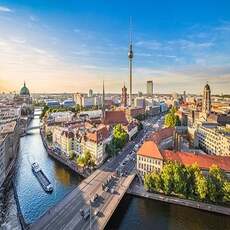
Interlaken East to Rorschach

Interlaken East to Porrentruy
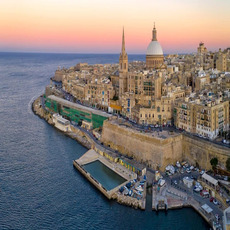
Interlaken East to Champery

Interlaken East to Zuoz

Interlaken East to Graenichen
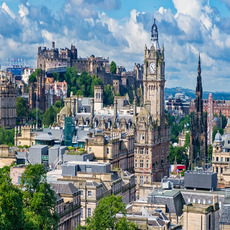
Interlaken East to Schuepfheim

Interlaken East to Sargans

Interlaken East to Saint Imier

Interlaken East to Arth Goldau

Interlaken East to Montana

Interlaken East to Romanshorn

Interlaken East to Bonaduz
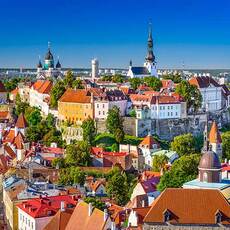
Interlaken East to Andermatt
WHY YOU SHOULD TRAVEL BY TRAIN?
To travel from Interlaken To Geneva, trains would be the best travel choice, for several reasons:
1
Eco-Friendly
Trains are the most environmentally-friendly way of transport to the EU Environment Agency. They are powered by electricity, which is renewable and has a low environmental impact.
2
Speed
Travelling by train is in most cases the fastest way to go from Rome to Milan. Trains usually travel at high speeds, making them the fastest way to get from one place to another.
3
Safety
Travelling by train is one of the safest forms of transport. Trains are heavily regulated and monitored, making them safer than other forms of transport.
4
Price
Travelling by train is often cheaper than other forms of transport, such as flying or taking a bus. Trains are often subsidized by the government, making them cheaper than other forms of transport.
5
Luggage
Travelling by train is a great way to transport luggage. Trains usually have plenty of space for luggage and they are usually safe and secure.
6
Luggage
Travelling by train is often faster than other forms of transport, such as driving or taking a bus. Trains usually travel at high speeds, making them the fastest way to get from one place to another.
7
Comfortability
Travelling by train is usually very comfortable. Trains usually have comfortable seating and plenty of legroom, making them a great way to travel.
8
Comfortability
Travelling by train is a great way to get some sleep. Trains usually have comfortable seats and plenty of legroom, making them a great way to get some rest while travelling.
9
WIFI
This is not necessarily the most important when you travel since we prefer to tell you to enjoy your travel without your phones, but on trains, you can find WIFI onboard, so you remain connected to the internet if you choose to.
THESE ARE THE TRAIN OPERATORS WE WORK WITH



















